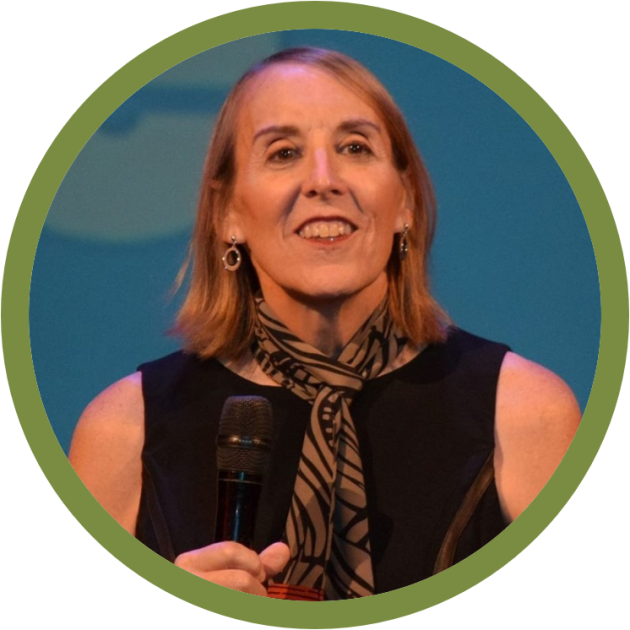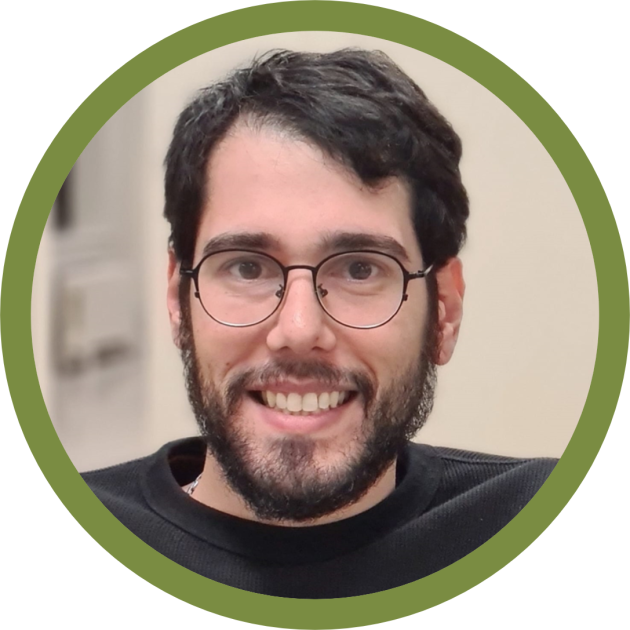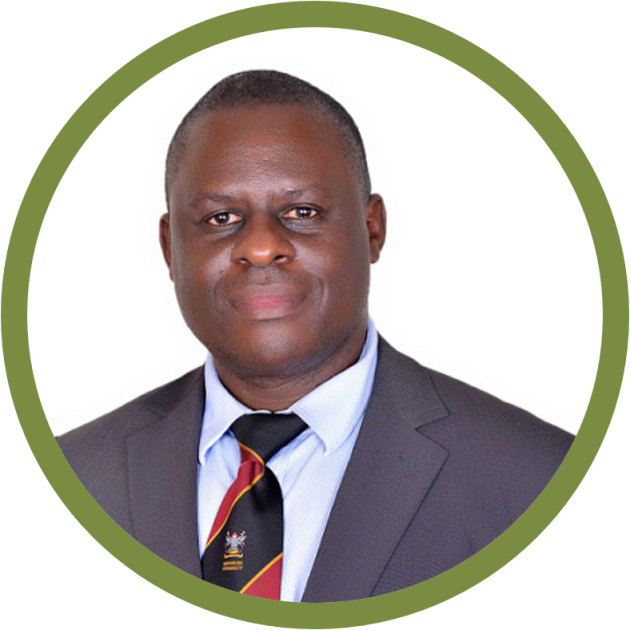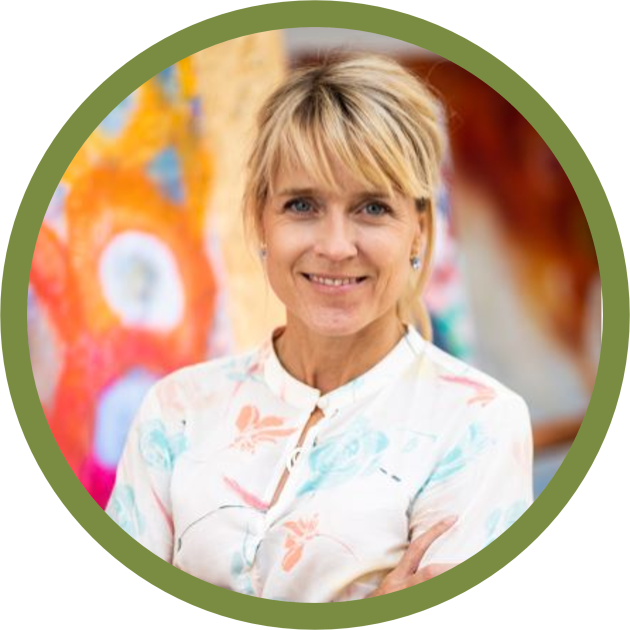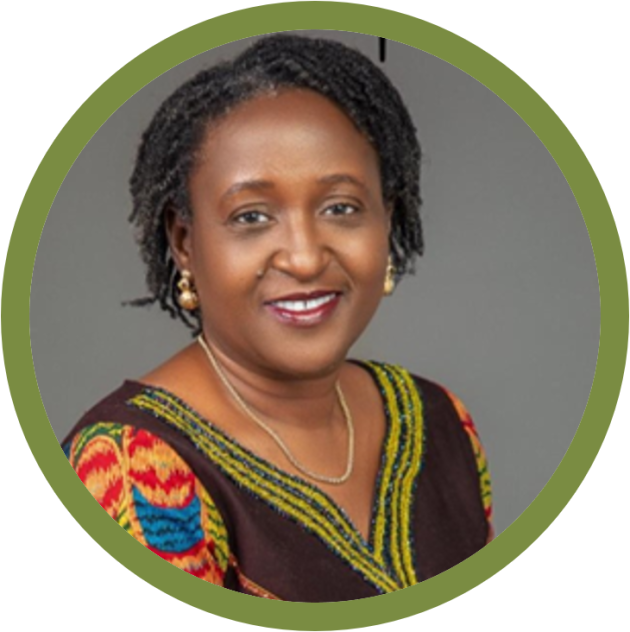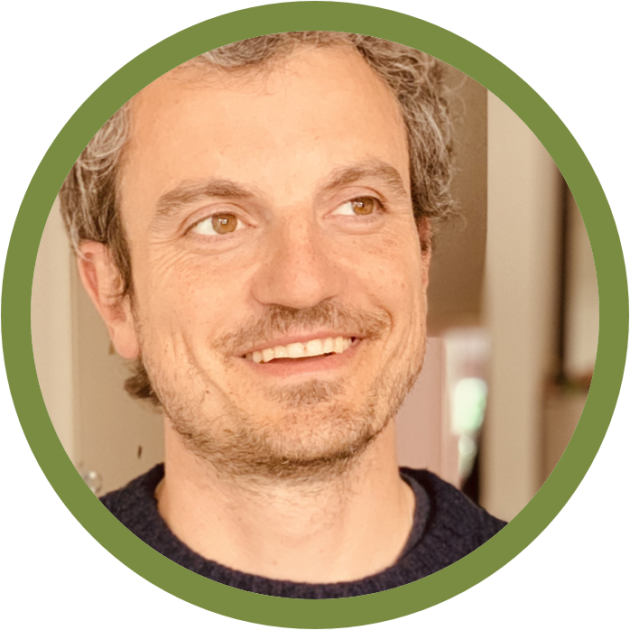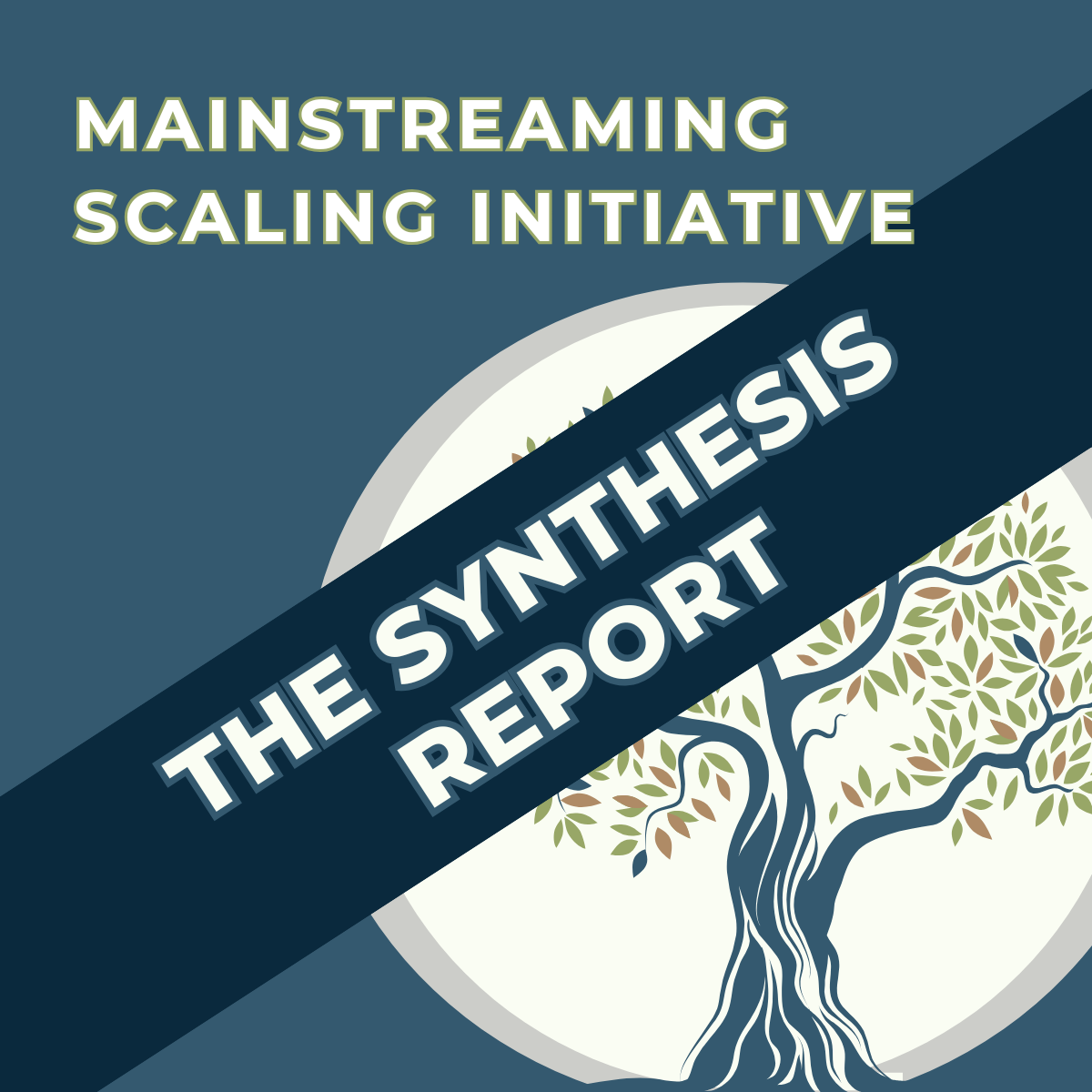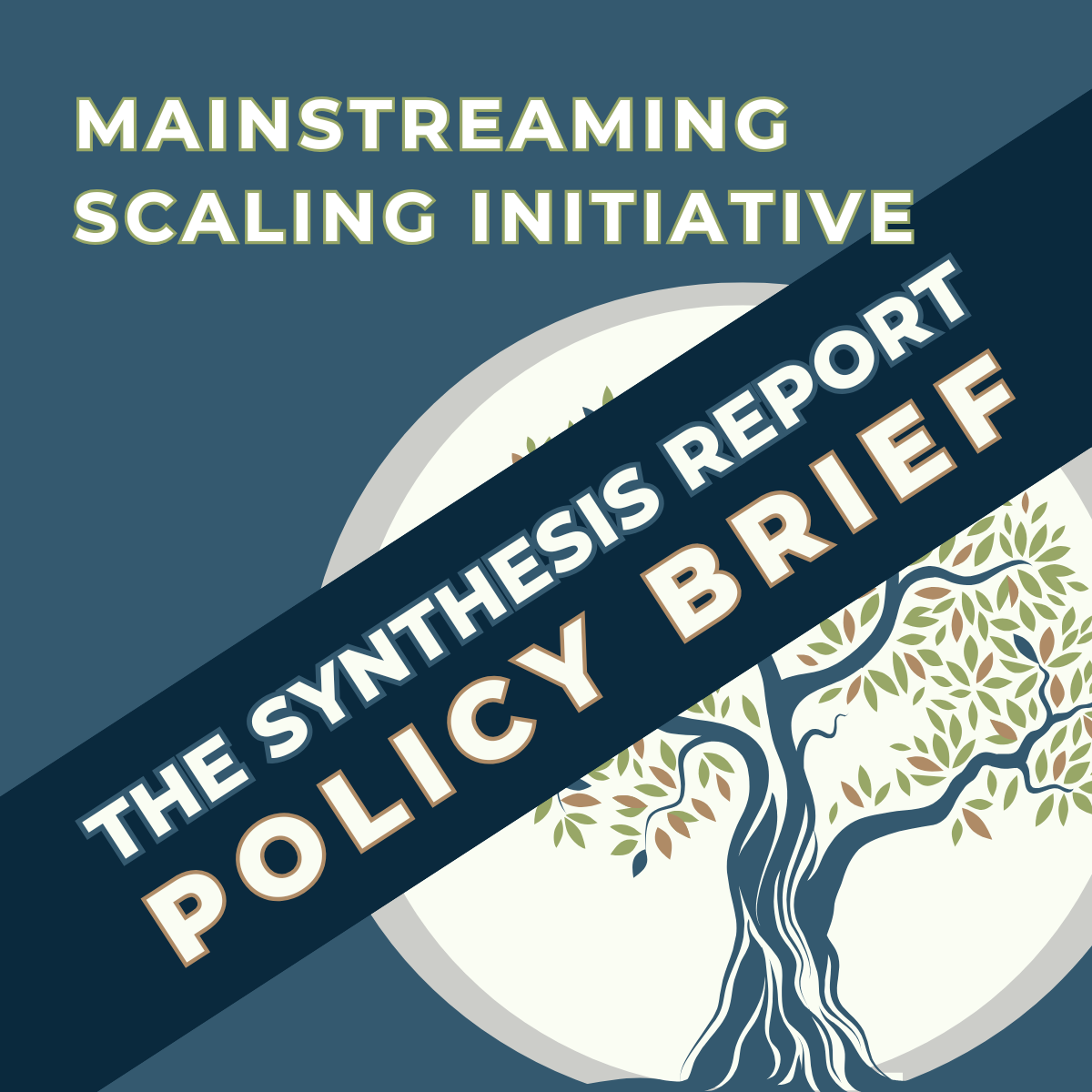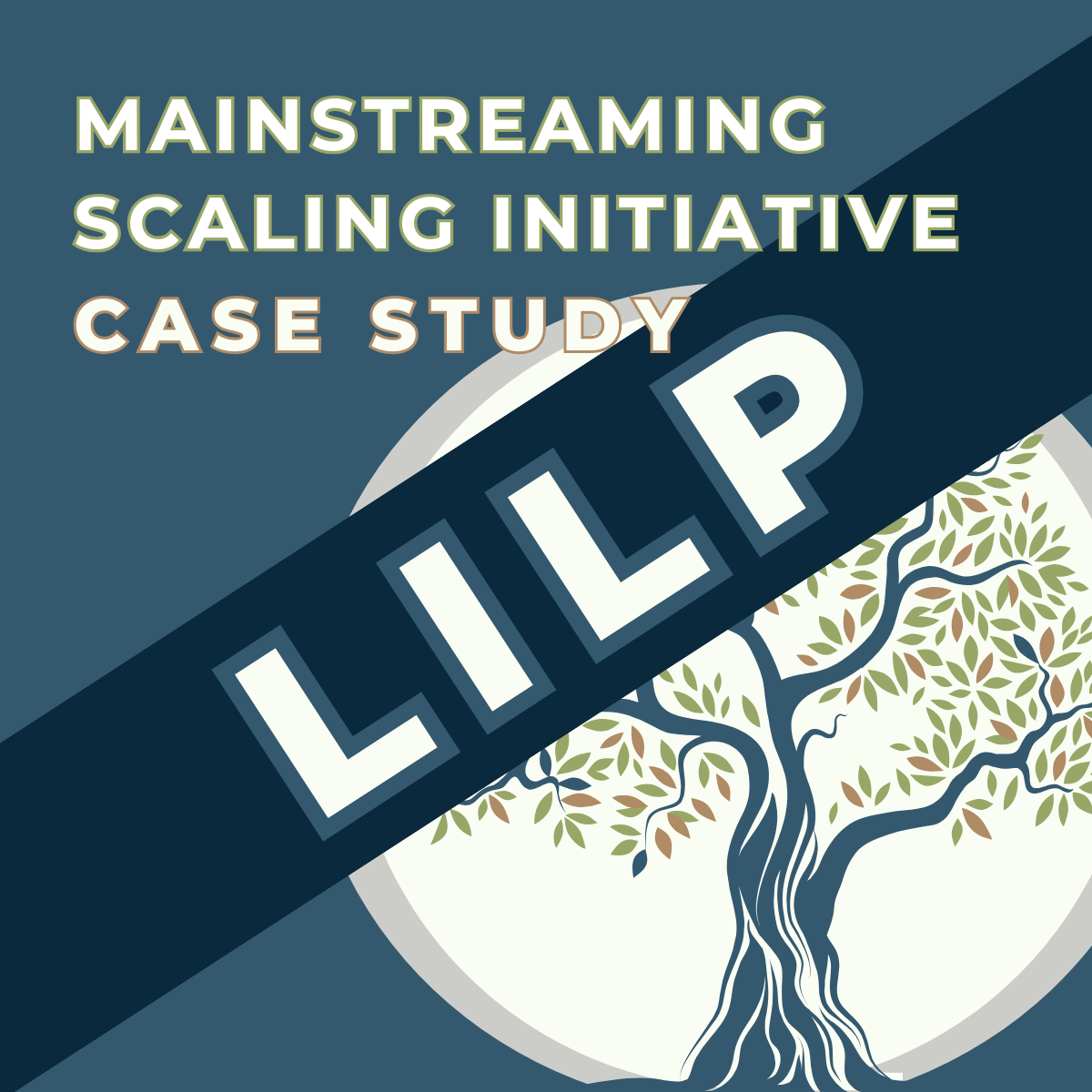
Description
Moderator Dr. Ben Cislaghi provided an initial framing on ethical principles and values using four metaphors for framing global health: as a supermarket, a boxing ring, a colony, and/or a juggernaut. Like supermarkets, global health is often focused on selling outputs, such as vaccines. Global health is like a boxing ring because when a product gets on the market it becomes a fight over who can do it the cheapest and the fastest. Global health is a colony because most people working on global health are either coming from or are educated in the global north and may not share the values or priorities of the global south. Global health is a juggernaut because it moves quickly from one intervention to the next with little time to pause and reflect. The speed is dehumanizing and lacks compassion.
Ben introduced the panelists and posed a question to Dr. Chole Schwenke on how to engage and find solutions to navigate the different values of diverse stakeholders when scaling health interventions. Chloe conceded that development practitioners are not very good at finding shared values because there isn’t a lot of focus on ethics and values beyond concepts like “do no harm.” The starting point should be values mapping to identify places of value alignment and find out where the conflicts are likely to be. As we scale up it’s best to move to an inclusive development assessment process with formal qualitative research that leverages active listening. The starting point should be a shared commitment to respect equal, universal human dignity.
Ben asked Louise Agersnap what ethical questions are imperative to consider in the design of scaling interventions. Louise said the first questions to ask are always: why are we scaling this, and for whom are we scaling it? Innovations are often supply driven and shaped by commercial market focus rather than being for and by the people they serve. That’s far from ideal. Sustainability is also a matter of ethics, so the WHO Innovation Hub is taking a primary healthcare approach to scaling interventions to ensure sustainability and empower communities.
The discussion then moved to a question on how to ensure equitable access to digital health technology, particularly for marginalized communities. Diogo Mochcovitch echoed the importance of thinking about who a digital health technology is designed for and barriers that exist. Users must be able to understand how to use smartphones, how to use the apps, and understand the digital information. Expand infrastructure to ensure internet access for all. Provide smartphones to people who don’t have them (possibly using donated or refurbished devices in partnership with companies) to improve equity. Chloe brought up that it’s critical to address the issues of patriarchy, since so much related to women’s access is controlled by men. Developers must deal with structural issues and reflect on values and norms that need to change.
Chloe also raised the problem posed by the data desert in low- and middle-income countries. Data for AI is based on the global north—what does that mean for the global south? It’s going to take resources and a recognition that the global north can’t just harvest data; it needs to be owned by the people whose data it is. Who owns the data and gets to interpret what it means?
Ben invited Louise to expand on what ethical principles should frame health intervention scaling strategies. Louise said WHO/EN guidance – Nine Steps for developing a scaling up strategy – provides an ethics infused and practical approach to maintain respect for human rights, equity, gender perspectives, and client centered approaches. She finds systems approaches very important in terms of understanding the larger environment where scaling takes place, and how changing one element impacts the others. It’s also important to focus on sustainability, paying attention to institutionalizing the innovation and to the wider context that will allow an innovation to take root and survive. Root the scale-up strategy on a respect for human rights and gender perspectives. Some innovations increase gender equity, but others may have a negative impact.
Dr. Peter Waisa emphasized that understanding the context in which scale up will happen is important, as well as co-creation, having champions, and being flexible. Think about culture and place and ensure you are respectful. There is no one size fits all approach. Tailor messaging to the community and their needs and values. Co-creation and human-centered design are critical to avoid failure. Include cultural leaders and elders in the conversation but consider the priorities of youth as well. Implementers need to understand that people have rights and need to consent. Many health interventions do not have impact because evidence does not interact with local context. It’s not effective to just import from the capital to the countryside. It’s important to co-create and recognize local expertise. It’s also important to take local feedback during implementation.
In closing, the discussion turned back to AI and what issues it poses for ethics and human rights. Chloe brought up the field of machine ethics. AI doesn’t think – data scientists write the algorithms, and many ethical frameworks exist that can help AI to behave ethically. AI will pick up the biases in the data unless we filter those biases out. However, there’s much more work to do to elevate core values and build them into AI. Diogo brought up privacy protection risks, which can be mitigated with data transparency and new governance models for how AI can work. Infotech companies have a great responsibility and require regulation, but it’s important to expand to people beyond data scientists in developing the code. Researchers can serve as the bridge between the big actors. NGOs can be partners. Impacted people are the most important to consider, so include them from the beginning.
|
|
|
|
|
|
